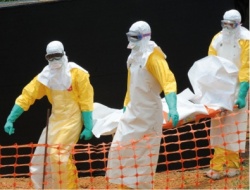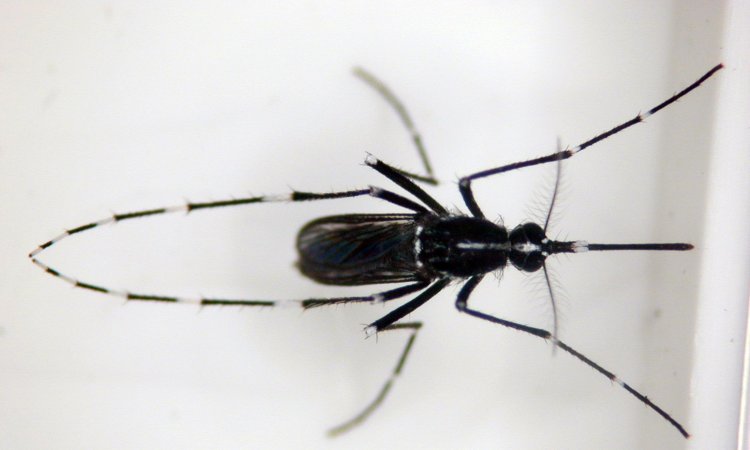Respect it, don’t fear it
The current ebola outbreak in West Africa, which began in December 2013 in Guinea and has since spread to Liberia, Sierra Leone, Nigeria and Congo, is considered the largest ebola outbreak ever in West Africa. As of today more than 2,600 cases were reported and more than 1,400 people have died of the disease.

While an end of the epidemic is not in sight the World Health Organization (WHO) in fact considers it possible that the number of reported cases is far below the number of actual cases.
On 8 August the WHO decided that the conditions for a Public Health Emergency of International Concern (PHEIC) have been met and subsequently made recommendations addressed to the affected countries and their neighbours to contain and control the spread of the disease.
The risk that travellers bring the disease to Europe is small but cannot be excluded. Ebola is transmitted between humans by direct contact with infected blood or bodily fluids, hence people in the immediate vicinity of a patient are at risk.
Physicians should consider an ebola infection in patients presenting with fever who returned from the affected regions within the past 21 days and who might have had contact with ebola patients, the body of deceased ebola victims, with their bodily fluids, or with animals carrying the virus.
04.09.2014










